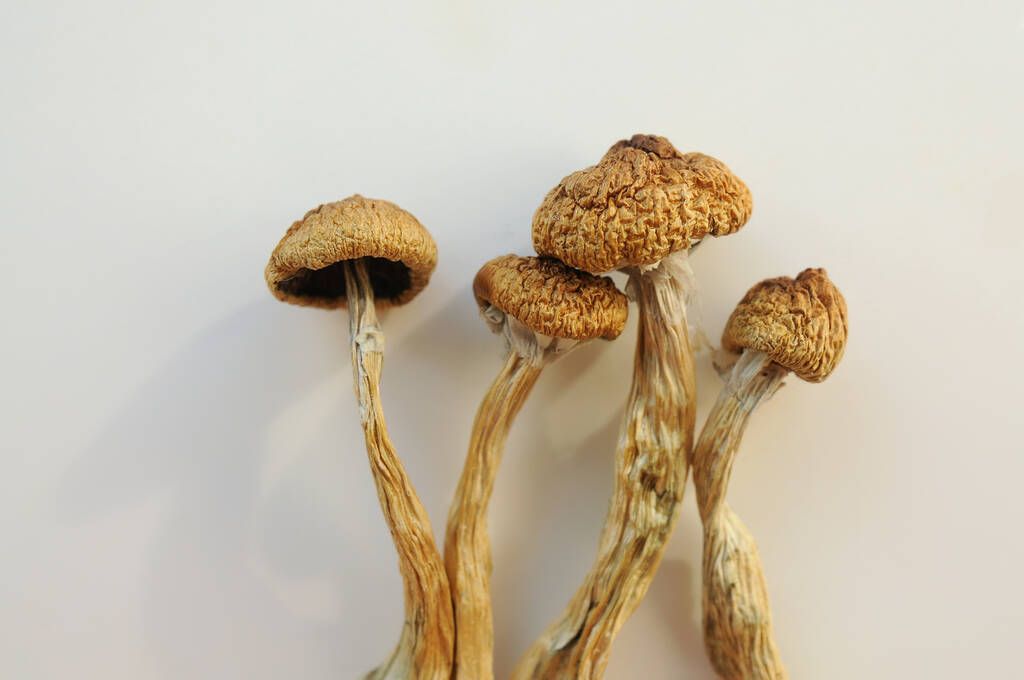The results of a new study suggests that more than 5 million Americans undergoing treatment for depression could benefit from psilocybin therapy, the active ingredient in “magic mushrooms.”

Dried psilocybin.
The research, published online by the journal Psychedelics, involved scientists from Emory University School of Medicine, the University of Wisconsin-Madison, and the University of California-Berkeley.
The study aimed to estimate the demand for psilocybin-assisted therapy (PSIL-AT) for major depressive disorder (MDD) and treatment-resistant depression (TRD). According to the research, between 24% and 62% of patients undergoing treatment for depression could be eligible for psilocybin therapy, depending on the criteria used to evaluate eligibility. This amounts to between 2.2 million and 5.6 million people.
Lead author Fayzan Rab, a medical student at Emory, noted that “anywhere from 56% to 62% of people who have a depression diagnosis could be eligible for psilocybin therapy,” based on national survey data. The researchers also found that removing alcohol and substance use disorders as exclusion criteria accounted for a significant portion of the increase in eligible patients.
Previous studies have highlighted psilocybin’s potential in treating depression resistant to standard therapies. The FDA has designated psilocybin as a breakthrough therapy for those diagnosed with major depressive disorder, and the agency is considering its approval for medical use.
The study emphasized the importance of understanding the public health implications of psilocybin-assisted therapy, noting that insurance coverage, state-level regulations, and the availability of trained providers will shape the demand for this treatment. Elliot Marseille, senior author and director of the Collaborative for the Economics of Psychedelics at the University of California-Berkeley, said the findings provide “a practical framework for healthcare policymakers, insurance companies, and clinicians to plan for the potential introduction of psilocybin-assisted therapy.”
Despite the growing interest in psychedelics, other factors, such as recent FDA rejections of MDMA (ecstasy) as a treatment for PTSD due to concerns over data reliability and potential risks, may impact the timing of psilocybin’s approval.
Dr. Rakesh Jain, a psychiatry professor at Texas Tech University, called the findings “very thought-provoking” and noted that psilocybin’s potential in treating mental health disorders may be broader than initially expected.







